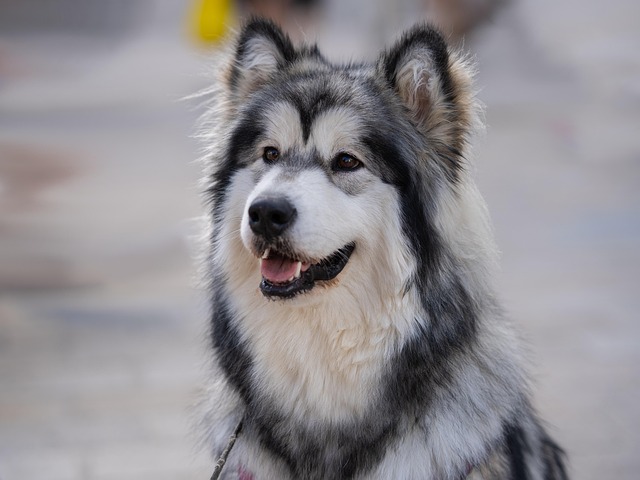
How do i train my dog to be obedient?
Watching your dog dart across the park ignoring your calls isn’t just frustrating—it can put them at risk near busy streets or public spaces.
Bringing home a Yorkshire terrier puppy is like welcoming a tiny, energetic bundle of joy—but those floppy ears and playful zoomies can also come with head-scratching moments, especially for new owners. These little pups, with their big personalities, thrive on structure, but their small size means training needs a gentle, consistent touch. Start by setting up a safe space: a cozy crate with soft bedding (never use it as punishment) and puppy-proofed areas to stop them from chewing shoes or electrical cords—common hiccups for first-time Yorkie parents.
Understanding why your Yorkie puppy acts a certain way makes training smoother. Their curious nature and high energy come from their terrier roots, so short, engaging sessions (5-10 minutes, 3-4 times a day) work better than long drills—they’ll get bored fast otherwise. Use positive reinforcement: a tiny piece of chicken or excited “good boy/girl!” when they sit or use their pee pad. Skip scolding or physical correction; it breaks trust and goes against U.S. animal welfare norms—rewarding good behavior builds a stronger bond.
 Practical skills tie into daily life, especially for apartment dwellers. Potty training needs a schedule: take them out first thing in the morning, after meals, and before bed—praise them immediately when they go outside, so they link the action to a reward. Leash training matters too: Yorkies can be stubborn pullers, so use a lightweight harness (not a collar, to protect their delicate necks) and stop walking if they tug—wait for them to calm down before moving again. This teaches them patience, which is key for community walks where you’ll need to respect neighbors and clean up after your pup.
Practical skills tie into daily life, especially for apartment dwellers. Potty training needs a schedule: take them out first thing in the morning, after meals, and before bed—praise them immediately when they go outside, so they link the action to a reward. Leash training matters too: Yorkies can be stubborn pullers, so use a lightweight harness (not a collar, to protect their delicate necks) and stop walking if they tug—wait for them to calm down before moving again. This teaches them patience, which is key for community walks where you’ll need to respect neighbors and clean up after your pup.
Don’t forget health checks that tie into training success. Schedule their core vaccines (distemper, parvovirus) early—many puppy classes require proof of shots, and socializing them with other friendly pups helps prevent fearfulness later. Yorkies are prone to dental issues, so start brushing their teeth gently with puppy toothpaste now—make it a positive routine with a treat afterward, so they don’t resist. These steps keep them healthy and ready to learn, making training less stressful for both of you.
Training a Yorkshire terrier puppy isn’t about perfection—it’s about patience and matching your methods to their unique needs. By focusing on positive reinforcement, sticking to routines, and following local laws, you’ll raise a well-behaved, happy pup that fits right into your home and community. Before long, those early training sessions will turn into a strong, loving relationship—one where your Yorkie knows exactly what’s expected, and you know how to bring out their best.

Watching your dog dart across the park ignoring your calls isn’t just frustrating—it can put them at risk near busy streets or public spaces.

New puppy owners often find themselves rushing to clean up accidents before they set in, and that’s where puppy pad training becomes a game-changer.

If you've noticed your dog's waistline disappearing and your veterinarian has mentioned those few extra pounds, your first instinct might be to simply reduce the amount of food in their bowl.

Training a dog to use a designated spot indoors isn’t as daunting as many new owners fear, but it does take consistency and an understanding of your pet’s needs.

That moment of dread on a walk is all too familiar for many new dog owners. You see another dog approaching down the sidewalk of your neighborhood

If the sight of another dog on your neighborhood walk makes your heart sink as your own dog erupts into a frenzy of barking and lunging, you're not alone.